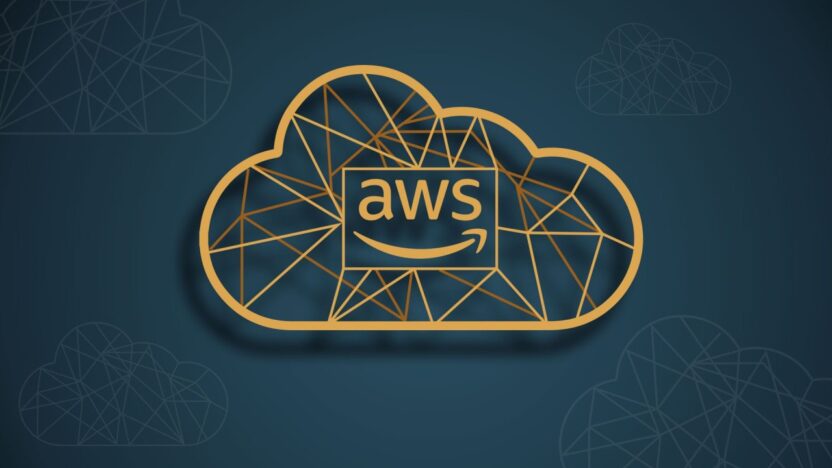What is AWS?
Amazon Web Services (AWS) is a cloud computing platform developed by Amazon and launched in 2006. AWS provides solutions for a wide range of users, from individual developers to large corporations, helping businesses reduce infrastructure burdens and focus on innovation. The platform offers services such as server hosting, storage, database management, artificial intelligence, machine learning, IoT, and many more.
Key features of AWS include:
- Flexibility: Users can scale up or down based on their needs.
- Global Reach: AWS has data centers in over 25 regions, enabling global service delivery.
- Ease of Use: Extensive prior knowledge is not required to get started with AWS.
- Cost Efficiency: Businesses only pay for the resources they use.
This article provides an introduction to AWS and detailed insights into its certification process.
An Overview of AWS Certifications
AWS certifications are one of the most effective ways to validate your expertise in cloud computing. They are available at various difficulty levels and focus areas. These certifications demonstrate how well an individual understands AWS services and their ability to use them effectively in business solutions.
When planning your AWS certification journey, consider the following:
- What are your career goals?
- Which AWS services do you use or plan to use extensively?
- What skills do you want to validate with the certification?
AWS certifications are divided into four levels: Foundational, Associate, Professional, and Specialty.
AWS Certification Levels
1. Foundational Level
AWS Certified Cloud Practitioner
- Purpose: This certification is suitable for those who want to understand the basic concepts of cloud computing.
- Who is it for? Beginners in IT and business professionals looking to differentiate between various AWS services.
- Topics Covered: Core AWS services, billing and pricing structures, fundamentals of cloud architecture.
- Difficulty Level: Very easy. Requires minimal technical expertise.
2. Associate Level
AWS Certified Solutions Architect – Associate
- Purpose: Validates the ability to design and implement AWS solutions effectively.
- Who is it for? System engineers and developers interested in solution architecture.
- Topics Covered: Designing highly scalable architectures, AWS storage and database services.
AWS Certified Developer – Associate
- Purpose: Demonstrates expertise in developing applications on AWS.
- Who is it for? Software developers and professionals with coding experience.
- Topics Covered: Using AWS SDK, serverless architectures, database integrations.
AWS Certified SysOps Administrator – Associate
- Purpose: Certifies the management and operation of AWS environments.
- Who is it for? System administrators.
- Topics Covered: Monitoring and optimizing AWS services, troubleshooting solutions.
3. Professional Level
AWS Certified Solutions Architect – Professional
- Purpose: Validates the ability to implement advanced architectural designs.
- Who is it for? Experienced solution architects.
- Topics Covered: Building highly scalable, resilient, and secure architectures.
AWS Certified DevOps Engineer – Professional
- Purpose: Validates expertise in implementing DevOps methodologies on AWS.
- Who is it for? Professionals managing DevOps processes.
- Topics Covered: CI/CD, infrastructure automation, monitoring, and governance.
4. Specialty Level
Specialty certifications focus on specific AWS services or areas of expertise. Examples include:
- AWS Certified Advanced Networking – Specialty
- AWS Certified Security – Specialty
- AWS Certified Machine Learning – Specialty
- AWS Certified Database – Specialty
- AWS Certified Data Analytics – Specialty
Each certification targets a different domain and is typically suited for individuals aiming for specialized roles.
Planning Your Certification Journey
The AWS certification process becomes more manageable with proper planning. Follow these steps to guide your journey:
- Set Goals: Choose certifications that align with your career objectives.
- Use the Right Resources: Leverage AWS’s official study guides and various learning platforms.
- Practice Hands-On: Gain practical experience using AWS’s Free Tier services.
- Take Practice Tests: Simulate the exam experience with mock tests.
- Manage Time: Dedicate a fixed amount of time each day to your studies.
Why Are AWS Certifications Important?
Some key reasons why AWS certifications can impact your career include:
- Career Opportunities: AWS certifications catch the attention of HR professionals and give you a competitive edge.
- In-Depth Knowledge: Certification exams combine theoretical knowledge with practical application.
- Higher Salary: AWS specialists often earn more compared to other industry roles.
AWS Certification Resources
Here are some resources you may find helpful when preparing for AWS certifications:
- AWS Training and Certification: The official AWS training platform.
- Udemy and Coursera: Platforms offering numerous courses tailored to certifications.
- Whizlabs: Preparation materials and practice tests for AWS certifications.
- AWS Well-Architected Framework: A useful resource for understanding architectural principles and best practices.
Conclusion
AWS is a leading platform in cloud computing, and its certifications can significantly enhance your career prospects. With proper planning and practice, you can successfully complete the AWS certification process. Every new piece of knowledge gained on this journey will be a stepping stone to the next level.





